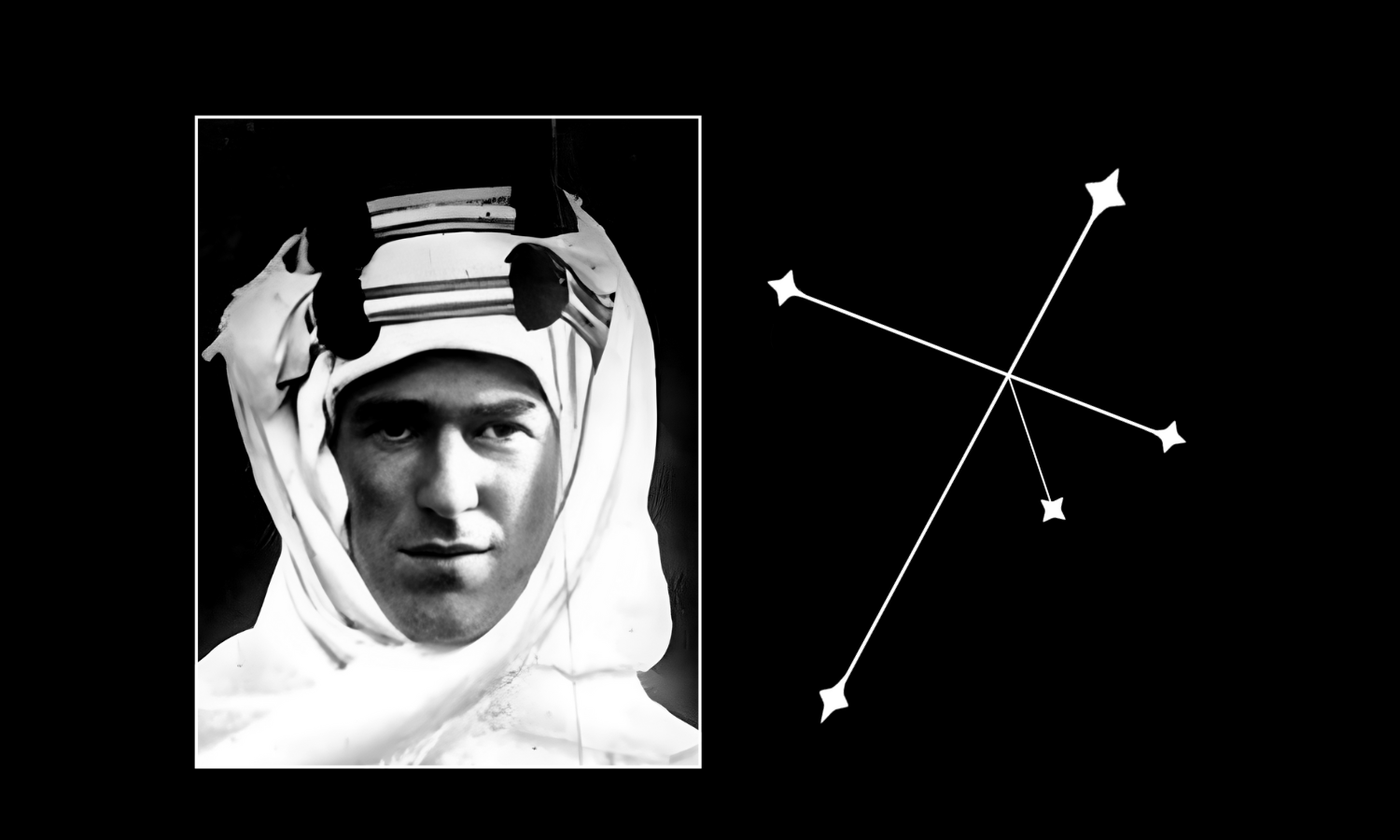ABOUT CONQUISTADORE FILMS
“My film is Vietnam.”
— Francis Ford Coppola, on Apocalypse Now
Apocalypse Now. The shoot was hell. They lost control. They were swallowed by the jungle, broken down by chaos, and remade by the experience. The film stopped being an entertainment product and became a warzone — a brutal expedition that tested every person who signed on.
That is the warfare of cinema.
Our films are not safe. They are not a desk job or an act of polite imagination. They are risk. They are exposure. They are confrontation with difficult truth.
Our shoots are treated as expeditions into hostile terrain. Each film is a campaign. Each campaign is dangerous.
THE ‘CRIMINAL OF PURPOSE’ FLAG
Modern business is saturated with sterile, hyper-minimalist logos. We wanted something more interesting.
Conquistadore carries a banner — the Criminal of Purpose Flag. Inspired by the black flags of pirates and outlaws, it bears the Southern Cross constellation and the singular, defiant letter C.
This is not just a mark. Carrying the banner transforms our projects from productions into campaigns. When it flies, we are no longer a film crew — we are an expedition reaching summits, an army crossing jungles, poets staring into the void.
It is not a logo. It is a standard raised in defiance. It is the mark of a criminal of purpose.

The Warefare of Cinema
-
Directorial Sovereignty
Studios, grants, festivals—these are tools, not masters. If a deal demands my voice, I walk. If a platform demands a compromise, I vanish. If I can make the film with my own hands, I will. And if I must wait longer to make it right, I will wait. In the wake of a decaying American film industry focused on virtue-signaling, the independent director remains free.
-
Production is War
Like Coppola in the jungle, like Herzog hauling a ship over a mountain—I embrace chaos as necessary. The delays, the danger, the weather, the exhaustion—these are not flaws. They are the texture of the film. This is not a metaphor. I will return from production changed. I will fight for every second of screen time. The line between myself and the film will blur, until the two cannot be separated. And when it is over, I will carry the scars—and so will the audience.
-
Excruciating Fidelity
If I tell a story from the past, I must study it. I must read it, smell it, handle it with reverence and grit. Even when telling fantasy or science fiction, the world must obey a logic rooted in the texture of human time. Myth is not an excuse for laziness. And message is not an excuse to distort history or the source material.
MICHAEL SAYE IS A WRITER, FILMMAKER AND ADVENTURER FROM KANSAS CITY.
Michael Saye is an American filmmaker, writer, and adventurer. His work blends documentary realism with narrative storytelling, often drawing on personal experience in extreme environments. Saye has worked as a commercial fisherman in the Bering Sea, journeyed across the Sahara desert in Morocco, and immersed himself in subcultures across America — experiences that shape the visceral and spiritual undercurrents of his films. He produces films under the banner of Conquistadore Films, a studio dedicated to mythic, independent cinema.
He is currently developing The Thrill of Speed, a Kansas City-set exploration of youth, rebellion, and the chase for freedom, which combines guerrilla filmmaking with poetic, improvisational performance. He is also actively developing a slate of narrative and documentary projects rooted in expedition, cultural collision, and modern rites of passage.
© 2024 by Michael Saye
Michael’s Favorite Works
My Favorite Books:
‘Siddhartha’ by Hermann Hesse — ‘The Sun Also Rises’ by Hemingway — ‘The Old Man and the Sea’ by Hemingway — ‘Fear and Loathing in Las Vegas’ by Hunter Thompson — ‘Frankenstein’ by Mary Shelley — ‘Under the Volcano’ by Malcolm Lowry — ‘Hitchhiker’s Guide to the Galaxy’ by Douglas Adams — ‘Thus Spoke Zarathustra’ by Fredrich Nietzsche — ‘My Wicked, Wicked Ways’ by Errol Flynn.
My Favorite Films:
‘Apocalypse Now’ by Francis Ford Coppola — ‘The Good, the Bad and the Ugly’ by Sergio Leone — ‘Blade Runner’ by Ridley Scott — ‘Lawrence of Arabia’ by David Lean — ‘Seven Samurai’ by Akira Kurosawa — ‘The Truman Show’ by Peter Weir — ‘The Princess Bride’ by William Golding and Rob Reiner — ‘Fitzcarraldo’ by Werner Herzog — ‘Fear and Loathing in Las Vegas’ by Terry Gilliam.





















